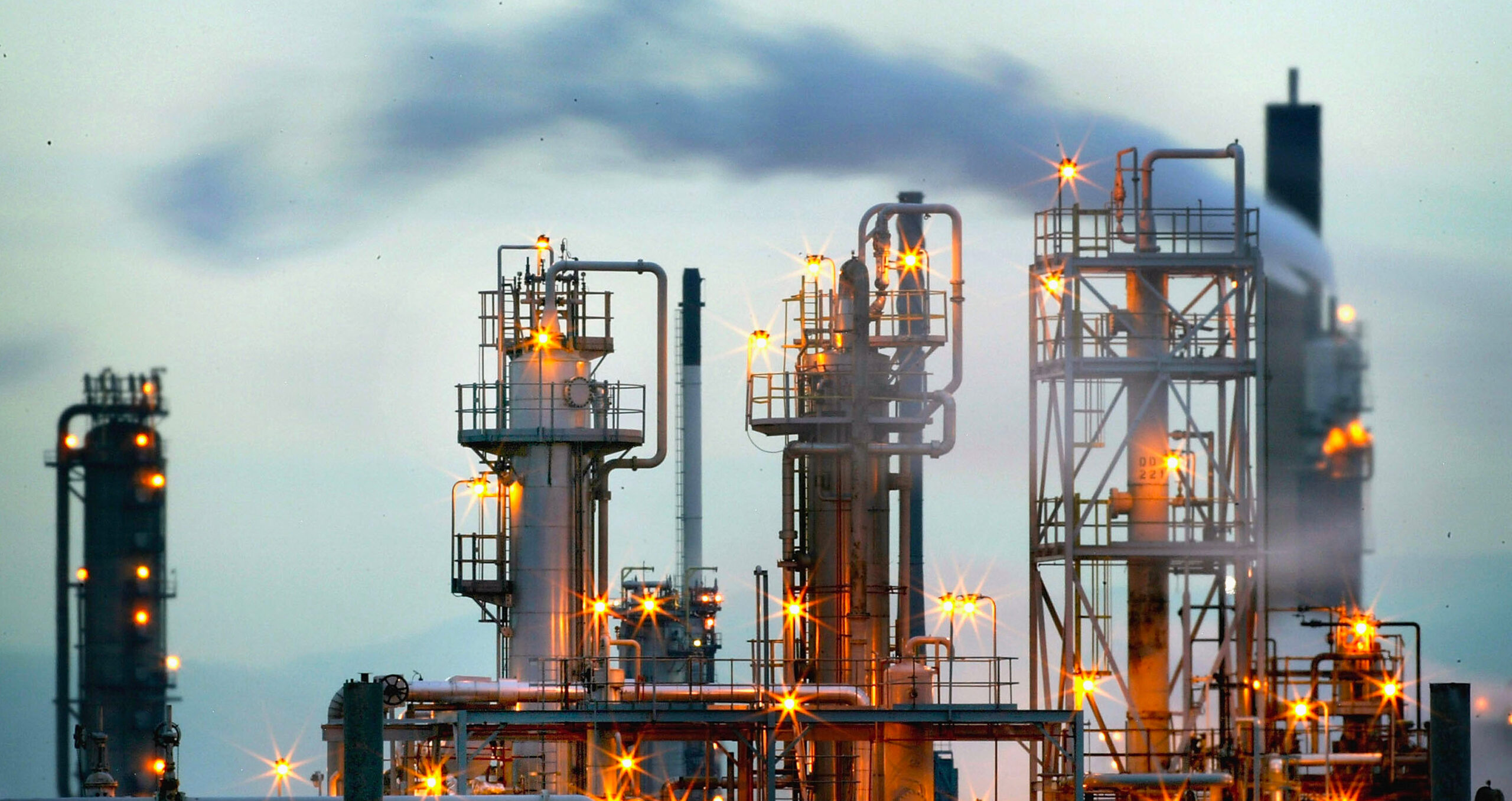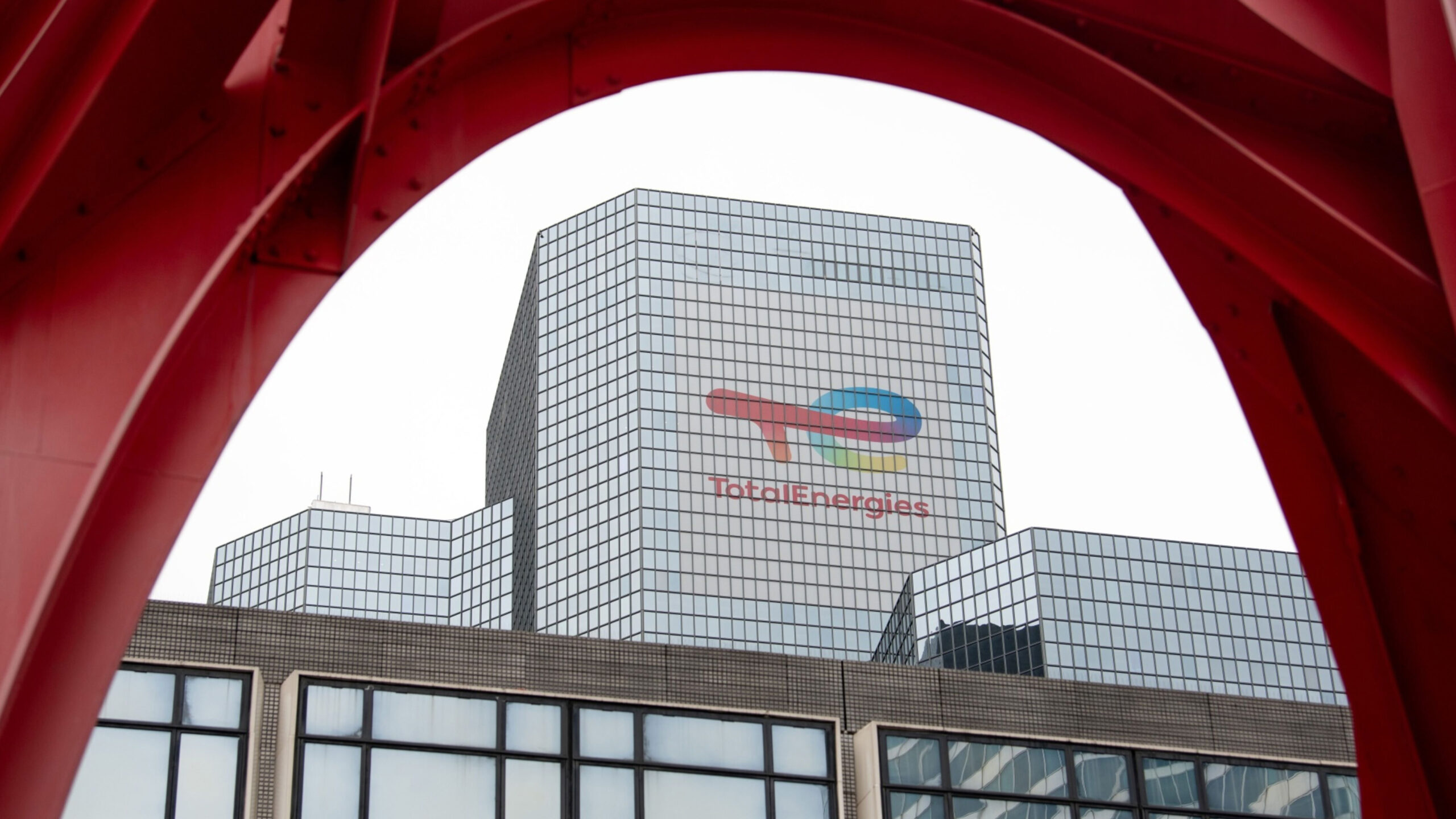
May 22, 2023
Will litigation against big oil mimic big tobacco’s court battles?

Oil and gas majors’ alleged prior knowledge of fossil fuels’ contribution to global warming is drawing parallels with how the tobacco industry dealt with the harmful healthcare effects of its smoking products over the past three decades. Climate litigation is gaining momentum on all fronts with claims being filed across...
To continue reading
Request Free Trial- Unlimited access to all content
- Email alerts highliting key industry insight.
- Invitations to attend exlusive roundtables and events.
- The Sustainable Views Policy Tracker - deep insight on ESG regulations and deadlines
Already a subscriber?Log in
Similar Articles

In Brief: EU directs funds to sustainable fisheries; ethical tax standards released
The latest ESG policy and regulatory news
read more
April 10, 2024
In Charts: Canada, Japan, South Korea ‘blocking clean energy transition’ with fossil fuel finance
Most G20 fossil fuel financing came from just three countries between 2020 and 2022
read more
April 10, 2024
Investors and banks urged not to provide TotalEnergies with new debt financing
Fifty-eight non-profits have signed letters sent to investors and banks with exposure to TotalEnergies
read moreA service from the Financial Times

